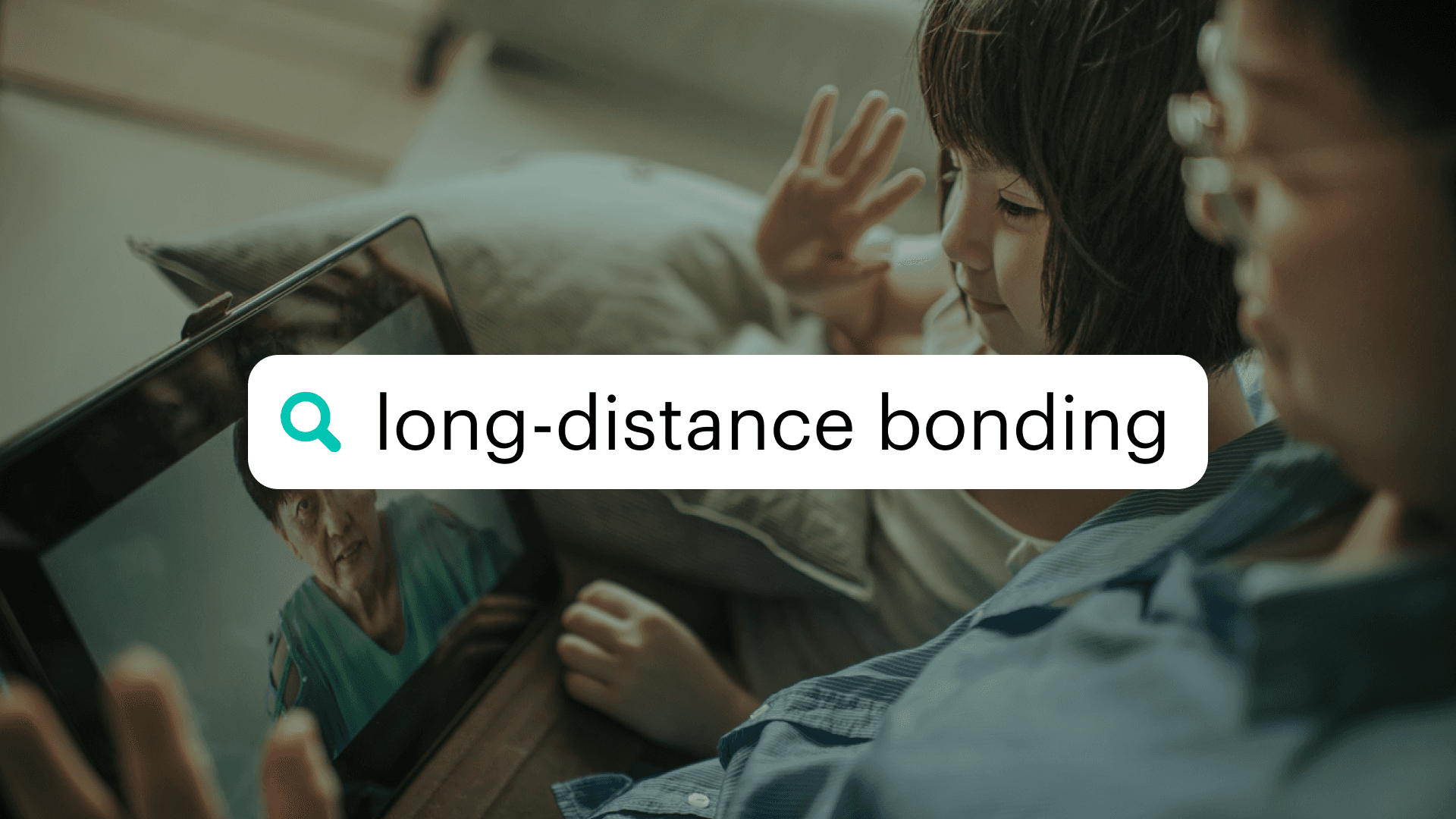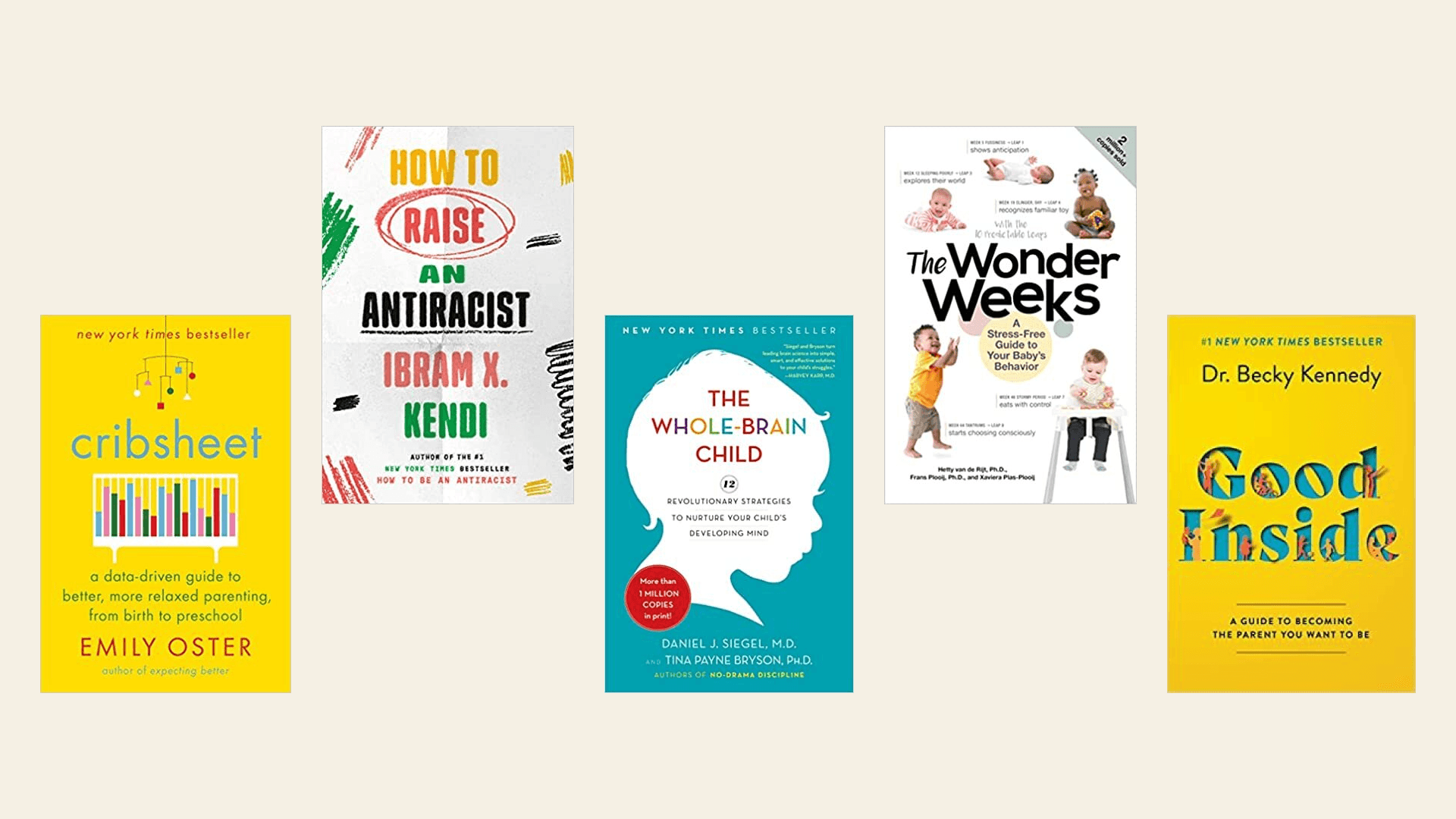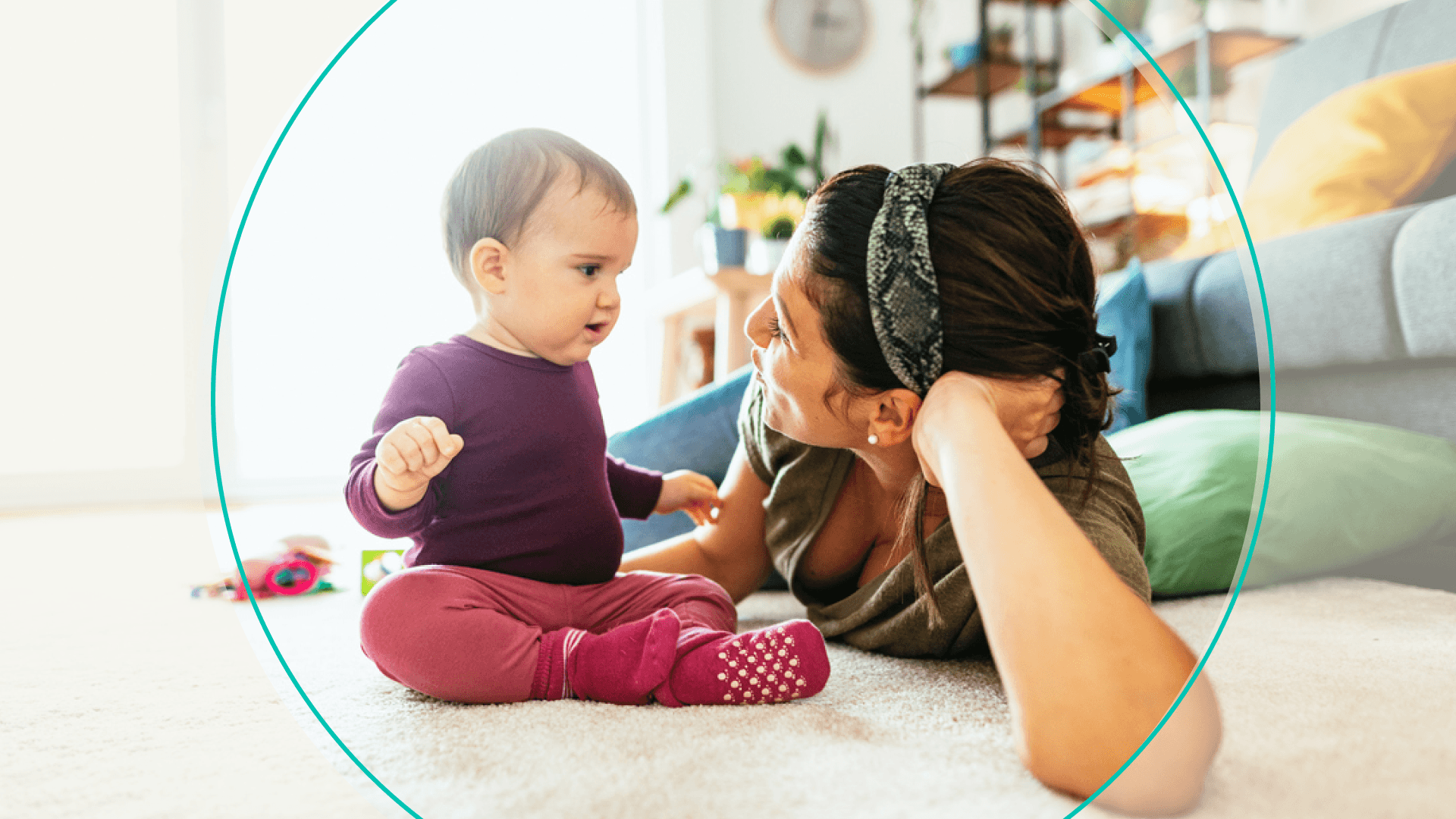we have to talk about

The latest in parenting news, tips, and trends:
What pregnant women should know about eclampsia and other complications following the death of Olympic sprinter Tori Bowie. Some are rare but serious.
The effectiveness of lactation boosters and why experts are saying some moms should consider getting professional help instead. Maybe the galactagogues got to galacta-go.
This mom’s realization that she can’t outrun her trauma. Plus, how it affects her parenting and what she does to cope.
How 59% of dads say they do more childcare and parenting than they get credit for, and why gender roles and stigmas may be holding them back.
Why sleep-deprived parents are turning to sleep consultants, but are they a scam? Well, it depends.
tell me what to do

Q: How can I help my kid build a strong relationship with their grandparents, even if they’re long-distance?
Grandparents can be a source of unconditional love and guidance for kids, says Dr. Arwa Nasir, a pediatrician and pediatrics professor at the University of Nebraska Medical Center. Even for families who live apart from grandparents, it's possible to create positive relationships with them.
Here are her tips for building a bond from afar:
Model the behavior you want to see: Kids pick up on our actions and words, so modeling a good relationship with grandparents could help encourage your children to do the same. But if your relationship with your parents is strained, or just plain complicated, it’s okay to set boundaries. Do what’s best for your family.
Create routine communication: Whether it’s a weekly call, always connecting on birthdays, reaching out on holidays, or scheduling a visit if they live far away. Consistency is key.
Get face time when possible: This is particularly important for babies and toddlers because they depend on their immediate experiences to build relationships. You can use Zoom or FaceTime, or better yet, try to schedule an in-person visit. It may not be possible for some, but Dr. Naris says it’s “an important and worthwhile investment.” It allows the children and grandparents to spend time together, build memories, and find common interests.
Engage your kids in grandparent-related activities: That could mean putting together a care package or drawing a happy birthday card. This will stimulate compassion, empathy, and bonding, says Dr. Nasir.
submit a question
Do you have a parenting question you want answered by an expert? Ask anonymously here. Your question could be answered in next week's email.
self-help

5 Parenting Books Skimm'rs Say Are Worth the Read
With thousands of book recs and limited time, we asked Skimm'rs to help cut through the noise and give us the titles that helped them during their parenting journeys. Here are the most popular picks:
1. Cribsheet by Emily Oster
"Cribsheet" gives parents the tools they need to make big decisions like whether to return to work or how to discipline their toddler. Oster is an economist from Brown University and author of “Expecting Better” and “The Family Firm.” One Amazon reviewer says it, “lays out all sorts of issues that you'll come up against, includes citations for her sources, and gives you the scientific facts.”
2. Good Inside by Dr. Becky Kennedy
A psychologist dubbed the "Millennial Parenting Whisperer" offers up her approach to parenting, which starts with the simple idea: You are good inside. Your kids are good inside. She helps parents troubleshoot issues like sibling rivalry and separation anxiety. Parents on Amazon say the book was “eye-opening,” “life-changing,” and “healing.”
3. The Whole-Brain Child by Daniel J. Siegel and Tina Payne Bryson
Written by a neuropsychiatrist (Siegel) and parenting expert (Bryson), this book walks you through how a child’s brain develops. It will help parents understand exactly why their toddler starts to rage when their peas touch their mashed potatoes. One reader wrote on Amazon: “If you want to understand more about your child and learn ways to help nurture them to be emotionally intelligent, read this book!”
4. How to Raise an Antiracist by Ibram X. Kendi
In this book Kendi, a professor at Boston University, covers child development from pregnancy to the teenage years. He tackles questions like: How do we talk to our children about racism? And, how are kids of different ages experiencing race? One reviewer wrote: The “writing is clear and compassionate and designed to leave parents, teachers, and caregivers feeling empowered.”
5. The Wonder Weeks by Xaviera Plooij, Frans X. Plooij, and Hetty van de Rijt
This book gives insight into the first 20 months of a baby’s life and covers why certain challenging behaviors (like non-stop crying or being overly fussy) could be signaling brain development. Knowing this can help parents prep for these moments and understand that, yes, this fussiness is temporary. One Amazon reviewer says the book is a “sanity saver.”
research says

Hearing You Speak Could Help Your Baby’s Brain Grow
A new study found that speaking to babies frequently is linked to a higher concentration of myelin (a substance that helps messages move more efficiently) in their brains — particularly in the area that houses language development. This means that talking to your kids may have more benefits than just helping them process language or boost their vocab, it can help their brain literally grow.
The researchers studied 163 kids from two age groups — 6-month-olds and 30-month-olds — who wore a recording device. Some children were given MRI scans to see how adult speech affected their brains. The 30-month-olds who heard more adult speech were found to have had more myelin in language-related areas of the brain, compared to kids who hear less adult speech. But researchers found the opposite was true for the 6-month-old group: the more adult speech the younger group heard, the lower the concentration of myelin the kids had.
One of the researchers explained this difference saying, “When you’re 6 months old more input is good. But at that point…you get this massive growth of new neurons. So the input comes in and may help prolong that period of brain growth.”
They also found that kids (from both age groups) with “highly educated mothers” were exposed to great amounts of adult speech, which could lead to higher concentrations of myelin growth. While the link is a great start to figuring out how speech affects growing brains, it is just that — a start. More studies are needed to explore this likely connection.
relatable
“I got a bunch of double chin pics and (one) of me in a diaper.”
– A woman who asked her husband for cute labor and delivery pics. Dads, you got to hit them angles.
Design: theSkimm | Photos: iStock and Getty Images
Products you buy through our links may earn us a commission.
Live Smarter
Sign up for the Daily Skimm email newsletter. Delivered to your inbox every morning and prepares you for your day in minutes.